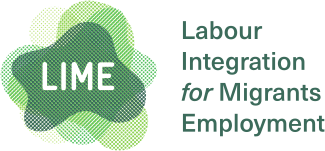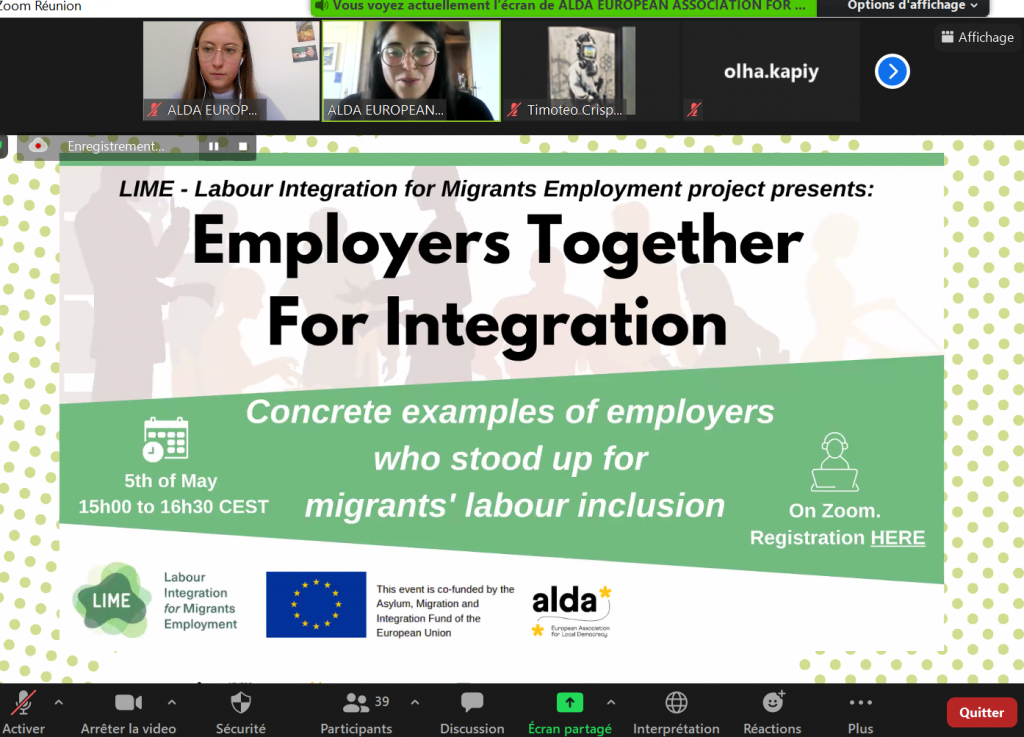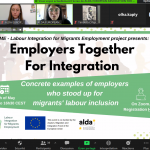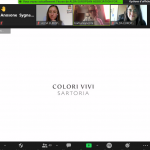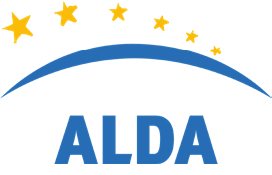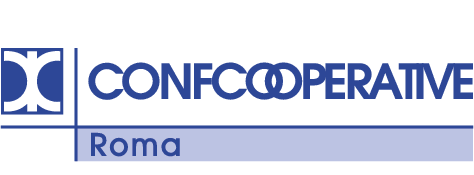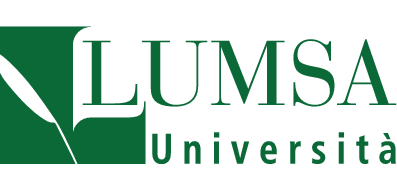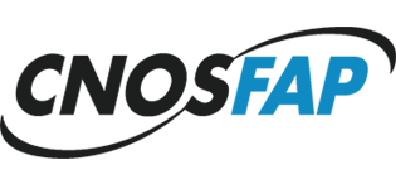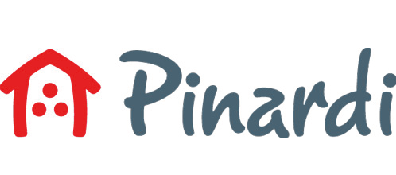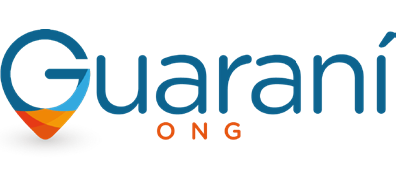The Webinar “Employers Together for Integration” on the 5th of May was a success!
On the 5th of May, the LIME project held its webinar “Employers together for integration – Concrete examples of employers who stood up for migrants’ labour inclusion” and welcomed 3 speakers and 40 participants to talk about good practices dedicated to improve the inclusion of migrants into the labour market.
We had the great chance to listen to three enriching stories:
- Obada Otabashi, founder of We Exist, presented his catering organisation set up by Syrian people and aiming to facilitate access into the labour market for people who fled conflict and persecution. We Exist, based in Brussels, is organising events intended to bring Oriental and European traditions more closely together. The idea is to show the richness of our diversity and multiculturalism through positive culinary events.
- Inès Mesmar, director and founder of La Fabrique Nomade, shared with us the story of her organisation which works for the professional integration of migrant and refugee craftsperson in France. They develop their skills and adapt their expertise to the French market so that they can find their rightful place in society.
- Barbara Spezini, founder of Colorivivi, introduced her great social enterprise Colorivivi. The enterprise, based in Turin, Italy, aims to empower women migrants and refugees in the tailoring sector and offer a concrete and qualified profession that would allow women to become autonomous and able to choose their own future.
Determination, commitment and understanding were the key words of these successful initiatives. They all insisted on the fact that migrants and refugees should not be characterised by this status, but should first be considered as people with great skills and job potential, in a broad variety of fields, who can share and teach us their specific knowledge.
Even though most of the webinar was very encouraging and positive, it was also a time to discuss the main challenges and obstacles faced by employers who want to stand up for migrants’ labour inclusion. The principal difficulty pointed out was financing and finding sufficient resources; and the participants and the panelists could share their experiences and knowledge about it. The webinar was a good example of how a network of actors sharing their expertise is a key solution to foster the inclusion of migrants in the labour market.
What’s next? Based on these good practices shared, but also the problems and challenges which have been raised, ALDA, in the frame of the LIME project, will write a report of recommendations to the European commission, in order to make the voice of these employers heard. If you would like to participate, you can fill out this form and send it to i-morgane@aldaintranet.org and dolinda@aldaintranet.org before the 17th of May.
We are looking forward to reading you!
Subscribe to the LIME newsletter and follow us on our website and social media (@LIMEproject2019) to be always updated and join the Community of Interest!




